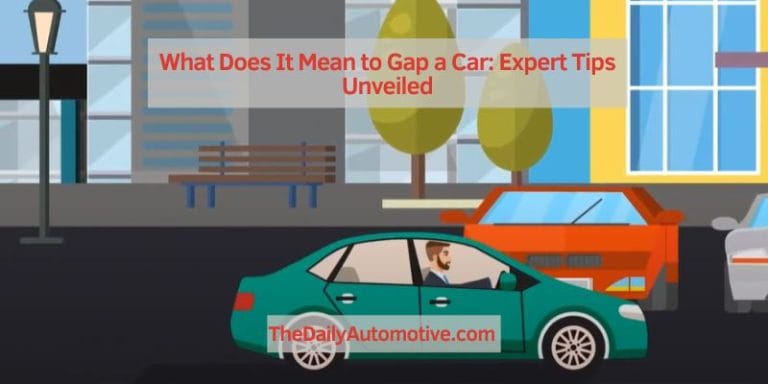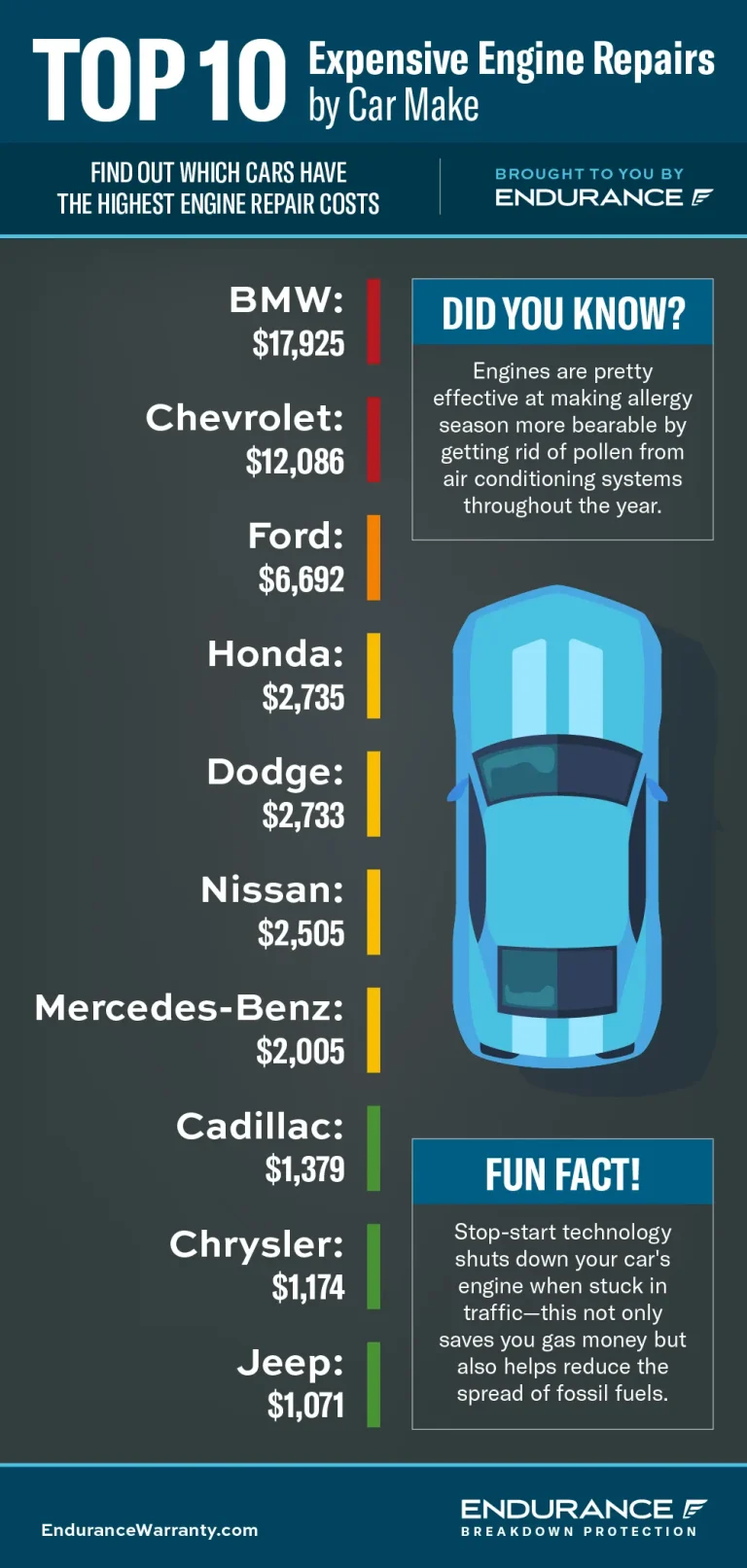Can a Car Be Repossessed from Private Property? Find Out the Surprising Truth!
Yes, a car can be repossessed from private property by a lender or financial institution if the owner fails to make the required loan payments. Repossession laws vary by jurisdiction, so it is essential to consult local laws for specific details.
Owning a vehicle can provide convenience and mobility, but it also comes with financial responsibilities. When individuals are unable to make timely payments on their car loans, they risk repossession. However, many people wonder if a car can be repossessed from private property.
This article will explore the topic and provide a clear, concise answer to this important question. Understanding the laws and regulations surrounding vehicle repossession is crucial to protect your rights as a consumer and avoid unnecessary conflict with lenders. So, let’s delve into the details of whether a car can indeed be repossessed from private property.
Understanding Car Repossession
Car repossession from private property is possible if the borrower defaults on their loan. Lenders have the right to repossess a car regardless of its location, making it crucial to understand the terms of the loan agreement.
What Is Car Repossession?
Car repossession is a legal process used by lenders to reclaim a vehicle from a borrower who has failed to make timely loan payments. When a borrower falls behind on their car loan, the lender has the right to repossess the vehicle as specified in the loan agreement. Repossession can occur due to non-payment, bankruptcy, or in situations where the borrower violates the terms of their loan.
Different Types Of Car Repossession
Car repossession can take place in different scenarios depending on the circumstances and the laws of the specific jurisdiction. Understanding the types of car repossession can help borrowers know their rights and take necessary action. Here are some common types of car repossession:
- Voluntary repossession: This occurs when the borrower voluntarily returns the vehicle to the lender due to an inability to make payments. Although it may seem like a better option for the borrower, it can still have negative consequences such as damaging their credit score.
- Involuntary repossession: In this case, the lender takes possession of the vehicle without the borrower’s agreement. This usually happens when the borrower is significantly behind on payments and has not responded to attempts to settle the debt.
- Judicial repossession: When the lender obtains a court order to repossess the vehicle, it is known as judicial repossession. This typically occurs when the borrower is in default and legal intervention is necessary to reclaim the vehicle.
- Non-judicial repossession: Also known as self-help repossession, this type of repossession does not involve court proceedings. The lender can repossess the vehicle without a court order, as long as they do not breach the peace in the process.
It’s important to remember that each type of repossession may have different legal requirements and consequences. It’s advisable for borrowers to consult with a legal professional to understand their rights and options in these situations.
Car Repossession Rights On Private Property
Repossession is an unfortunate reality for many car owners facing financial difficulties. While most people are aware that vehicles can be repossessed from public locations, such as roads and parking lots, the question arises: can a car be repossessed from private property? This blog post will delve into the rights and regulations surrounding car repossession on private property, exploring the legality, varying state laws, requirements for lawful repossession, and the rights of car owners in such situations.
Is Repossession Legal On Private Property?
One common misconception is that car repossession is prohibited on private property. However, the truth is that, in most cases, repossession can indeed occur on private property. Repossessors typically have the right to seize vehicles regardless of their location, as long as they do not trespass or breach the peace. This means that as long as the repossession agent does not violate the law or disturb the peace, they can legally repossess a car from private property.
How Repossession Laws Vary By State
When it comes to car repossession, it’s essential to understand that laws and regulations can vary significantly from one state to another. Each state has its own set of statutes governing repossession, specifying the rights and limitations of both the debtor and the repossessor. These variations can range from notification requirements and grace periods to specific documentation needed for a lawful repossession. Therefore, it is crucial for car owners and repossessors alike to familiarize themselves with their state’s laws to ensure compliance.
Requirements For Lawful Car Repossession
To lawfully repossess a car, certain requirements must be met, regardless of whether the vehicle is on public or private property. These requirements typically include the following:
| Requirements for Lawful Repossession |
|---|
| 1. Valid security interest or lien on the vehicle |
| 2. Default on the loan agreement or lease terms |
| 3. Written notice to the borrower informing them of the impending repossession |
| 4. Compliance with state repossession laws and regulations |
Meeting these requirements is crucial to prevent any legal repercussions and ensure a lawful and smooth repossession process.
Rights Of The Car Owner On Private Property
Even on private property, car owners still possess certain rights that must be respected during the repossession process. These rights aim to protect the owners from any unjust actions and ensure a fair and equitable procedure. Some of the key rights that car owners enjoy on private property include:
- Right to prior notice of repossession
- Right to retrieve personal belongings from the vehicle
- Right to dispute repossession in case of wrongful or illegal actions
It’s crucial for car owners to be aware of their rights and assert them if their vehicle is being repossessed. This knowledge can help them navigate the situation more effectively and potentially resolve any disputes or issues that may arise.
Steps To Take If Your Car Is Being Repossessed
If your car is being repossessed from private property, it is important to take immediate action. Contact your creditor to discuss potential solutions, such as negotiating a new payment plan or seeking legal advice to protect your rights in this situation.
Stay proactive to avoid any unnecessary complications.
Understanding Your Rights
If you find yourself in a situation where your car is being repossessed from private property, it’s crucial to understand your rights as a consumer. The process of repossession can be overwhelming and stressful, but by familiarizing yourself with your rights, you can navigate the situation more confidently.
It’s important to note that while state laws can vary, there are certain rights that generally apply nationwide. One such right is the requirement for lenders to provide notice before repossessing a vehicle. This notice typically includes information such as the reason for repossession, the amount owed, and a deadline for payment. By taking the time to understand your rights, you can better assess the situation and take appropriate action.
Negotiating With The Lender
If your car is being repossessed, you may have the option to negotiate with the lender. Communication is key in this process. Reach out to the lender as soon as possible to discuss your options for resolving the situation. Explain your financial difficulties, provide any relevant documentation, and propose a feasible repayment plan. By demonstrating your willingness to work with the lender, you may be able to come to a mutually beneficial agreement.
Seeking Legal Assistance
In some cases, you may need to seek legal assistance to protect your rights during the car repossession process. If you feel that the lender has violated your rights or acted unlawfully, consulting with an attorney experienced in consumer protection laws can be beneficial. They can help you understand the specifics of your situation and advise on the best course of action. Having legal representation can ensure that you receive fair treatment and that your rights are upheld.
Alternatives To Repossession
Instead of allowing your car to be repossessed, it may be worth exploring alternatives that could help you retain ownership. These alternatives could include:
- Renegotiating the loan terms with the lender
- Seeking refinancing options with other lenders
- Exploring loan modification programs
- Considering voluntary surrender to avoid the adverse effects of repossession on your credit
Taking proactive steps to address your financial situation and explore these alternatives can potentially help you avoid repossession. It’s advisable to do thorough research and seek expert advice before making any decisions.
In summary, if your car is being repossessed from private property, it’s crucial to understand your rights, negotiate with the lender, and, if necessary, seek legal assistance. Additionally, exploring alternatives to repossession can help you retain ownership of your vehicle. By taking these steps, you can navigate the repossession process with more confidence and potentially find a solution that works for you.
Conclusion
The repossession of a car from private property is a complex legal process that involves several factors. Understanding your rights and obligations as a vehicle owner is crucial to navigate these situations. Whether you are dealing with a voluntary or involuntary repossession, seeking legal advice and exploring your options is recommended.
Remember to always review your finance or lease agreement and keep communication lines open with your creditor. Stay informed and proactive to protect your interests and avoid complications.







